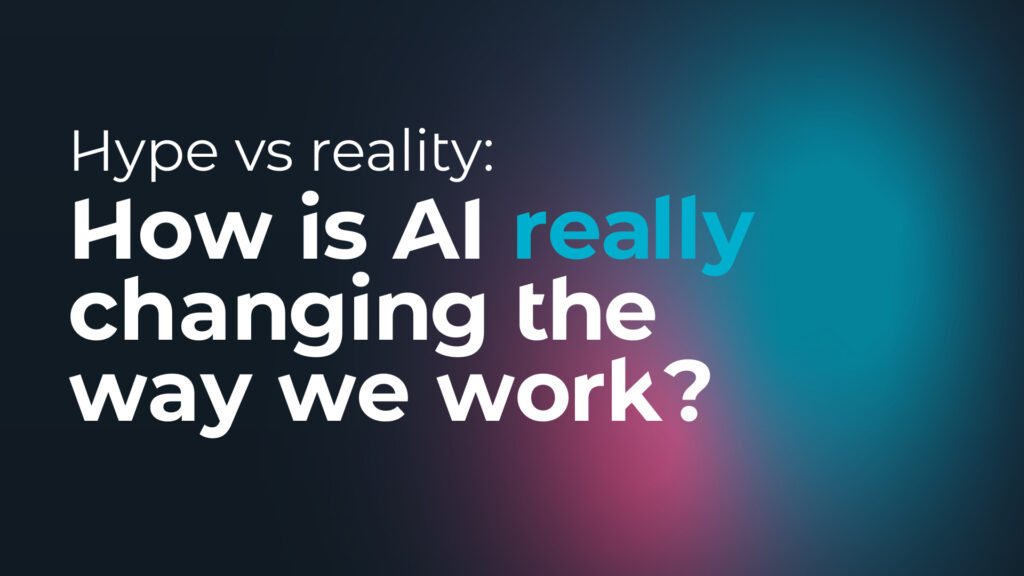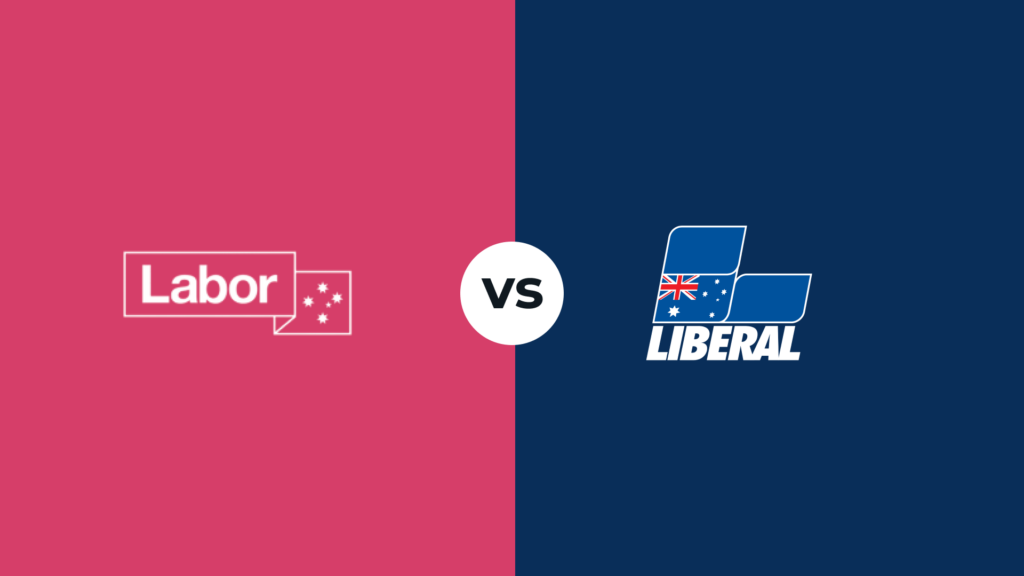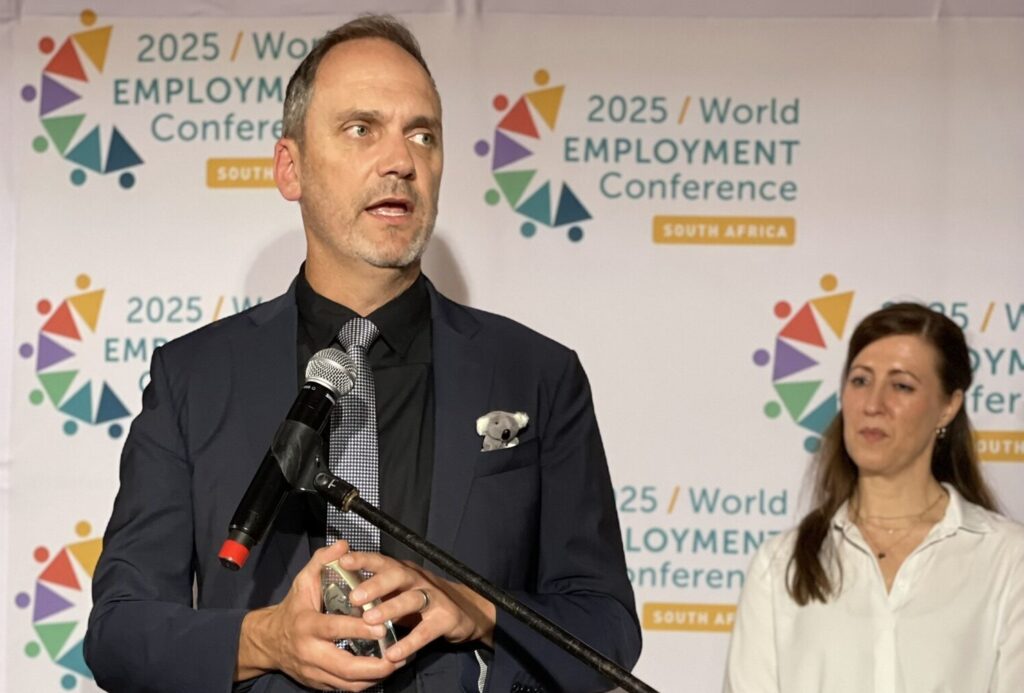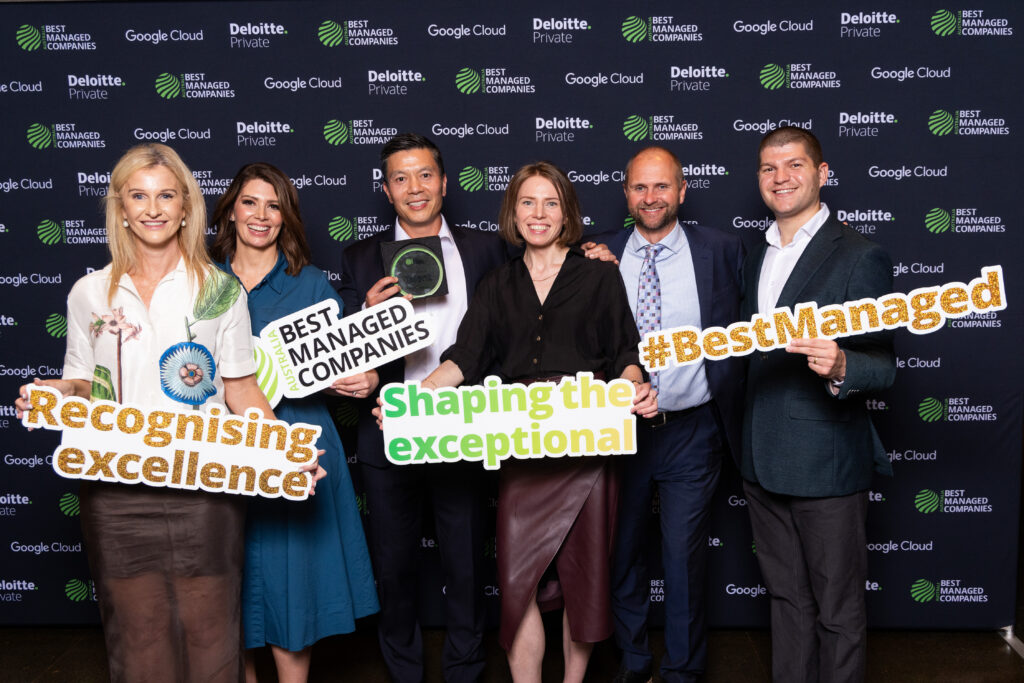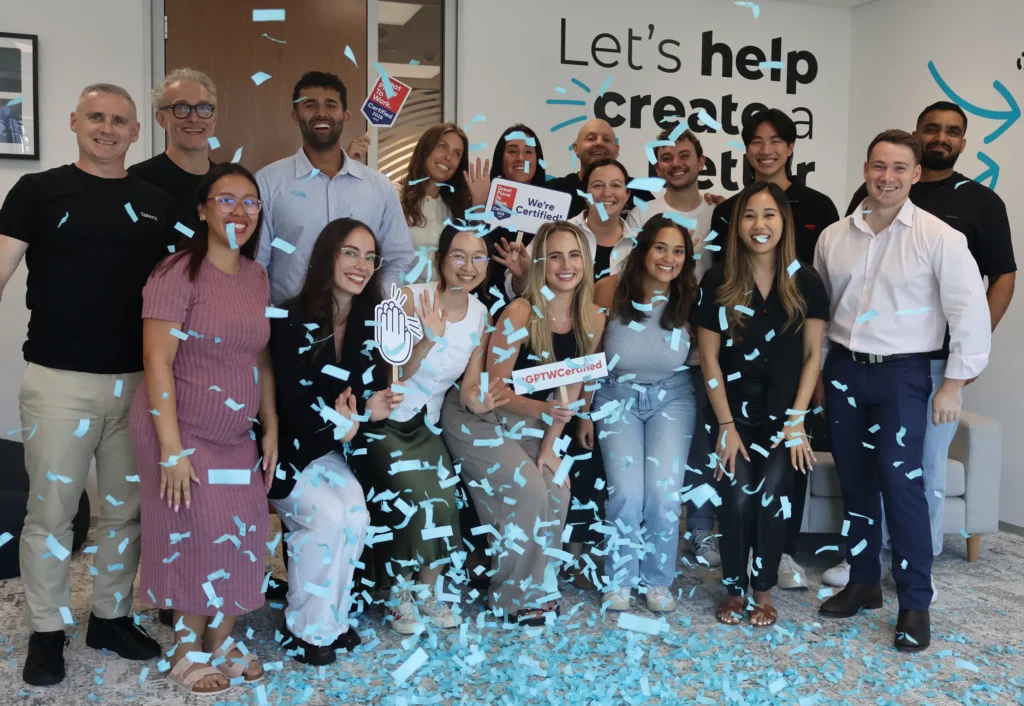In the world of Australian tech, not all code is created equal, and neither are the salaries. While everyone’s talking about AI this and cloud that, the real winners are quietly architecting enterprise frameworks, managing SOCs, and solving problems before most of us have had our morning coffee.
So, who’s raking in the big bucks in 2025? Let’s take a look at the 10 highest-paying tech jobs in Australia right now, and the skills needed, plus the industries, and cities where these roles shine brightest.
10. Technical Salesforce Architect
Salesforce may have started as a CRM, but it’s now an enterprise platform, and Sydney and Brisbane are dominating the hiring landscape, especially in financial services, the health sector, and large-scale enterprise environments.
Doing more than configuring objects, Technical Salesforce Architects are engineering enterprise-grade systems using Apex, Lightning Web Components, and integration platforms like MuleSoft. If you’re leading a Salesforce CPQ rollout or building an omni-channel service platform, you’re in their world.
If you’re applying for roles in line with this, a Salesforce Certified Technical Architect (CTA) certification is your best bet. Add a deep knowledge of API integration and cloud infrastructure, and you’re set.
9. Cybersecurity Architect
The quiet strategist behind the firewall, these specialists go beyond day-to-day ops to build long-term security blueprints. Unsurprisingly, they’re also high in demand in Canberra, the land of federal contracts, and increasingly in Perth, where critical infrastructure and mining tech is investing in threat resilience.
Whether they’re engineering Zero Trust frameworks, leading secure cloud migration efforts, or coordinating simulations, they combine strategic foresight with hands-on experience in secure design patterns.
Tech stacks and skills to master include cloud security frameworks, penetration testing, identity and access management (IAM), and everything compliance (think ISO 27001, NIST, and Essential Eight).
8. Applications Solution Architect
Application Solution Architects focus on designing tailored software solutions that integrate smoothly into existing environments. In demand across Melbourne and Sydney, particularly in retail, healthcare, and education.
You’ll often find them leading the design on custom enterprise software, rebuilding student management systems, or integrating SaaS solutions across business units.
The best of these Applications Solution Architects usually have deep experience with microservices, are familiar with enterprise platforms like SAP or Oracle, and have a knack for crafting solutions that are both elegant and realistic. UX intuition doesn’t hurt either.
7. Cybersecurity Manager
The strategic head of a business’ cybersecurity, they don’t just respond to threats; they pre-empt, prevent, and plan for recovery. Sydney and Brisbane regions are the latest hot zones for hiring, particularly in insurance, banking, and government agencies.
From managing company-wide security frameworks to overseeing awareness programs and regulatory compliance, they need both technical depth and cross-functional influence.
If you’re aiming to land a role like this, get ahead of your competition with familiarity around ISO 27001 frameworks, GRC platforms, SIEM systems, and, most importantly, the ability to translate technical risks into business language that executives actually care about.
6. SOC Manager
The Security Operations Centre (SOC) Manager is the heartbeat of an organisation’s real-time threat detection. This role is booming in Canberra, with federal defence contracts requiring round-the-clock vigilance, and Sydney, where large corporations are rapidly scaling their security maturity.
SOC Managers lead incident response teams, deploy SIEM platforms, and ensure the cyber early warning systems are always humming. When the 3am phone call comes, they already know what it’s about.
Level up your skillset with Splunk, QRadar, familiarity with incident response playbooks, and solid leadership in high-pressure environments. If you’re calm under pressure and fluent in threat intelligence, you’re halfway there.
5. Engineering Manager
In the tech-heavy cities like Melbourne, Sydney, and Adelaide, Engineering Managers are hot in demand; often found leading high-performing software development teams through scale, complexity, and tight release schedules.
From building scalable platforms to leading team restructures during hypergrowth, top Engineering Managers possess a combination of deep systems thinking, strong communication skills, and a solid understanding of CI/CD, DevOps culture, and tech debt trade-offs. Competence in soft skills like hiring and mentoring talent, leadership and handling restructures don’t hurt either.
4. Cloud Architect
Crafting the foundation of everything-as-a-service, Cloud Architects are thriving and in demand in Sydney, Brisbane, and even fast-growing regional tech hubs like Newcastle. With businesses moving to cloud-native architectures, they’re key to everything from cost control to performance optimisation.
Laying the digital scaffolding as cloud adoption cements itself as the norm, Cloud Architect professionals are responsible for designing secure, scalable, multi-cloud/hybrid environments, often in tandem with DevOps teams and infrastructure engineers.
The top skillsets outlined in the latest job descriptions include AWS/Azure/GCP certifications, Infrastructure as Code (IAC), and informed in architecture design best practices.
3. Program Manager
When a project is too big to be called a project, a Program Manager steps in. These seasoned professionals hold together entire portfolios of delivery, from digital transformations in telcos to product launches in SaaS or modernisation programs in government.
Organisations in Sydney, Melbourne, and Perth are aggressively searching for top Program Managers in 2025. Whether they’re to steer multi-year ERP implementations or coordinating cross-border Agile teams, they’re essential to delivery at scale.
Advantageous skills to stand out and step into the big leagues as a project manager include experience with Agile-at-scale (i.e. SAFe or LeSS), stakeholder communication, budget oversight, and the ability to effectively lead cross-functional teams.
2. Big Data Architect
With data fuelling every decision from marketing to machine learning, Big Data Architects are where data meets design brilliance. Brisbane and Canberra are seeing a sharp rise in demand, particularly in industries like healthcare, defence, and logistics as they double down on AI-readiness.
This role involves architecting data lakes, designing ETL pipelines, and ensuring data governance in every facet of the system. Top candidates are fluent in Scala or Python and bring a point of view on data mesh and privacy-centric design.
1. Enterprise Architect
Coming in at number one this year, Enterprise Architects are responsible for aligning technology ecosystems with strategic business outcomes. We predict Sydney, Melbourne, and Canberra as the hiring hotspots for these specialists; top sectors being banking, telco, and government.
Whether it’s to orchestrate a full ERP migration, enable enterprise-wide agility, or untangle a decade of tech debt, in-demand Enterprise Architects possess TOGAF certification and are fluent in cloud platforms, stakeholder management, and have the ability to navigate complexity with ease.
Ready to aim higher?
If you’re a tech professional eyeing your next move, these roles represent the top of the pay curve. Each of these positions blend technical expertise with communication, planning, and a knack for seeing around corners. Curious what other soft skills could help you have that extra edge as a candidate? Check out the top 5 soft skills hiring managers are currently looking for.
Looking to make your next strategic career move? We’ve got opportunities that match your ambition. Explore open tech roles on our jobs board.
Interested in checking out other top salaries? Head to our More than Money Salary Guide 2025.

